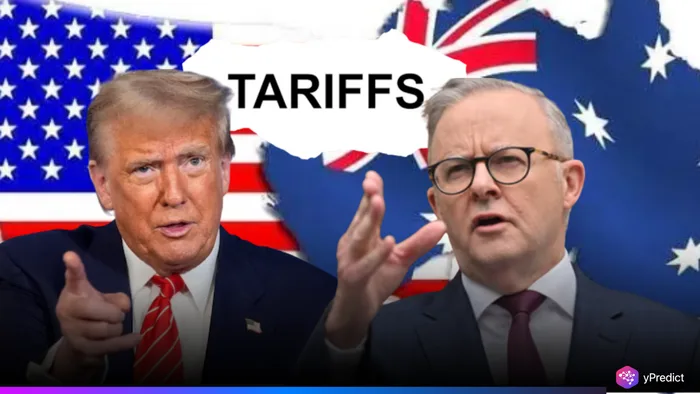
Australia is bracing for potential economic fallout as the United States weighs a steep 200% tariff on pharmaceutical imports. Treasurer Jim Chalmers confirmed on Thursday that the government is closely evaluating the possible effects of the move on Australia’s medicine supply and pricing. The proposal from the US has raised alarm among policymakers, especially given the heavy reliance of Australian pharmacies on imported pharmaceutical products.
However, Chalmers made one thing clear, the country’s drug subsidy programs are not on the table for negotiation. Australia has long maintained subsidized access to critical medications through its Pharmaceutical Benefits Scheme (PBS), which many see as central to its public health system. Chalmers stated firmly that these domestic programs will not be sacrificed to appease international trade demands.
US Trade Threat Escalates Concerns Across the Pharma Sector
The proposed US pharma tariff could significantly disrupt Australia’s pharmaceutical supply chain. With many essential medications either produced or distributed by American firms, the 200% tariff could cause prices to soar for both public and private buyers. Industry experts are warning of likely shortages or cost hikes if the tariffs go through.
Australia’s pharmaceutical sector depends heavily on stable trade relations with the US and Europe. Any disruption due to tariffs could delay access to new treatments or cause budget blowouts in public health spending. The medicine import impact could be especially severe for rural areas where access to healthcare is already limited.
Chalmers Reaffirms Support for Domestic Drug Policies
Jim Chalmers did not mince words about Australia’s stance. He emphasized that the government’s drug subsidies are designed to protect citizens, not serve as bargaining chips in trade disputes. “Our subsidies support affordable healthcare, and we’re not negotiating them away,” Chalmers declared.
Programs like the PBS enable Australians to purchase life-saving drugs at significantly reduced prices. This policy framework helps maintain health equity across socioeconomic classes. As global drug prices rise, the defense of these policies has become even more critical.
Australia Weighs Economic Risks Amid Uncertain Trade Future
The economic ripple effects of a 200% US pharma tariff could be far-reaching. Not only would direct imports become more expensive, but Australia could also face retaliation or trade realignment in other sectors. Chalmers acknowledged the broader implications, saying the government is “looking at the full range of impacts.”
Analysts say Australia might need to seek new pharmaceutical trade partnerships if the tariff materializes. Diversification of drug supply chains, increased investment in local manufacturing, and stronger ties with non-US producers are all being considered as future steps.
Public Health and Economic Security Remain Top Priorities
As global trade changes, Australia faces a difficult balancing act: provide access to imports of medicines for patients while ensuring the health sovereignty of the nation. In this regard, Australia will continue to do its best to ensure that the citizens have equitable access to low-cost drugs, irrespective of international pressure to reform.
Chalmers’ emphatic response indicates to all partners that while Australia is open to trade discussions, it will not concede principles at the expense of public health. The access and equity to medicines are still at the forefront of Australia’s healthcare agenda, despite protectionist movements from trad partners like the US.







